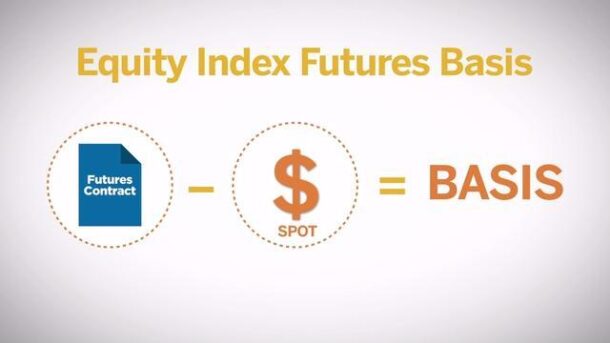Equity index futures are financial derivatives that derive their value from the performance of a specific stock market index. These futures contracts offer investors a unique opportunity to speculate on or hedge against the future movements of the broader equity market without the need to directly buy or sell individual stocks.
Let’s delve into the key aspects of equity index futures, exploring how they work, their uses, and the risks and benefits associated with these derivative instruments.
Introduction to Equity Index Futures:
Equity index futures are standardized financial contracts that obligate the buyer to purchase or the seller to sell an agreed-upon index at a predetermined price on a specified future date. The underlying index could represent a market, sector, or a specific segment of the stock market.
How Equity Index Futures Work:
- Contract Specifications:
- Each equity index futures contract has specific details, including the size of the contract, expiration date, and the index it tracks. Common indices include the S&P 500, Dow Jones Industrial Average, and NASDAQ Composite.
- Buyers and Sellers:
- Buyers (long position) of equity index futures anticipate a rise in the index’s value, aiming to profit from the increase. Sellers (short position) expect the index to fall, providing an opportunity to profit from the decline.
- Contract Settlement:
- Most equity index futures contracts are cash-settled, meaning the difference between the contract price and the actual index value at expiration is settled in cash.
Uses of Equity Index Futures:
- Speculation:
- Traders use equity index futures to speculate on the future direction of the market. Depending on their outlook, they take either long or short positions.
- Hedging:
- Institutional investors and fund managers often use equity index futures to hedge their portfolios against potential market downturns. This helps mitigate the impact of adverse market movements.
- Portfolio Management:
- Equity index futures enable investors to adjust their overall portfolio exposure to equities without directly buying or selling individual stocks.
Benefits of Equity Index Futures:
- Liquidity:
- Major equity index futures markets are highly liquid, providing traders with the ability to enter and exit positions easily.
- Diversification:
- Investors can gain exposure to a broad market or specific sectors without the need to manage a portfolio of individual stocks.
- Efficiency:
- Futures allow investors to implement strategies with leverage, potentially amplifying returns (or losses) compared to investing directly in the underlying assets.
Risks Associated with Equity Index Futures:
- Market Risk:
- The value of equity index futures is directly tied to the underlying index’s performance. Market volatility can result in substantial gains or losses.
- Leverage Risk:
- While leverage can enhance returns, it also magnifies losses. Traders need to be aware of the risks associated with amplified exposure.
- Expiration Risk:
- Futures contracts have expiration dates. Traders need to manage their positions or roll them over before expiration to avoid physical delivery.
Conclusion:
Equity index futures play a crucial role in the financial markets, offering a versatile tool for traders, investors, and institutions. Whether used for speculation, hedging, or portfolio management, understanding the mechanics, risks, and benefits of equity index futures is essential for those seeking to navigate the dynamic landscape of derivatives trading.
In summary, equity index futures provide a way for market participants to engage with the broader equity market, and their popularity underscores their significance in modern financial markets.




